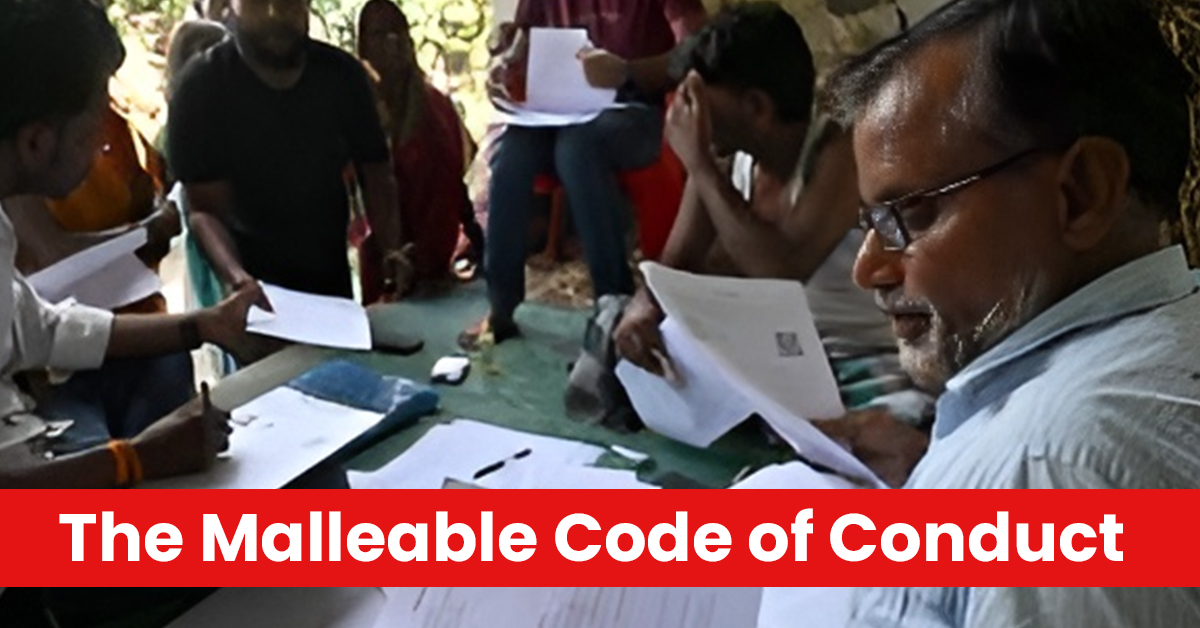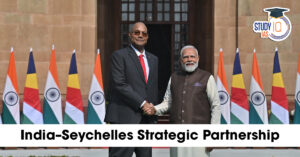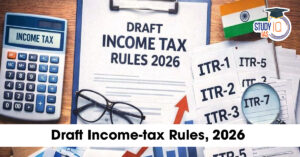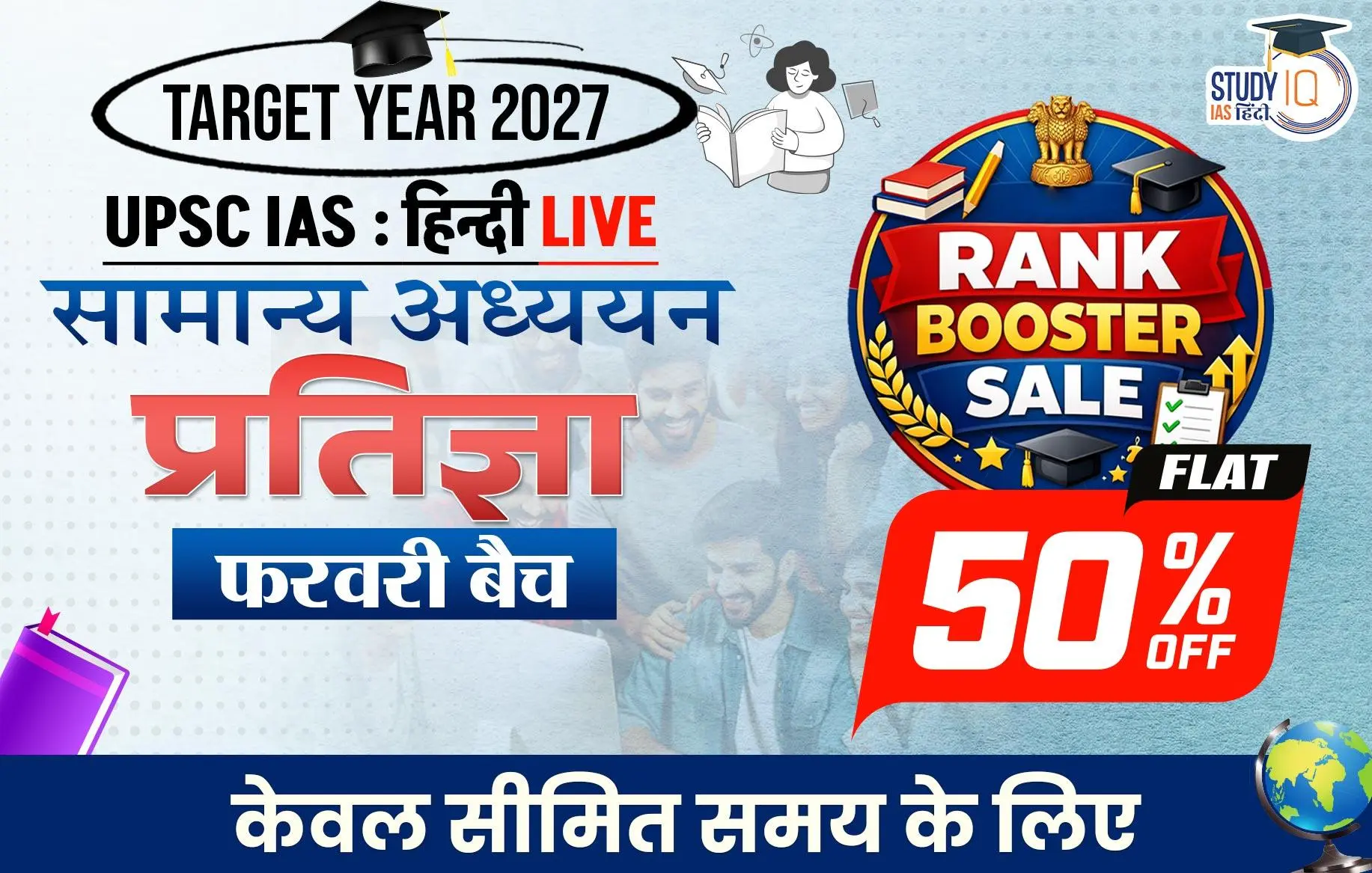Table of Contents
India, the world’s largest democracy, takes immense pride in conducting free and fair elections that reflect the true will of its citizens. To safeguard the sanctity of this democratic exercise, the Election Commission of India (ECI) enforces a vital ethical framework known as the Model Code of Conduct (MCC).
However, in recent years, the MCC has often been stretched, manipulated, and even ignored by political actors — making it increasingly malleable in spirit and application. This has sparked a national debate on whether the MCC should remain a moral guideline or be given statutory backing to strengthen its enforceability.
What is the Model Code of Conduct (MCC)?
The Model Code of Conduct is a set of guidelines formulated by the Election Commission of India to regulate the conduct of political parties and candidates during election periods.
It ensures that the playing field remains level for all contestants and prevents the misuse of government power, funds, and publicity machinery for electoral gains.
Objectives of the MCC
-
To maintain peaceful, transparent, and orderly elections.
-
To prevent misuse of state machinery by ruling parties.
-
To curb electoral malpractices and ensure ethical campaigning.
-
To uphold public trust in the electoral process.
In essence, the MCC embodies the spirit of fair competition and ethical governance — two pillars central to a vibrant democracy.
When Does the MCC Come Into Force?
The MCC comes into effect from the date the Election Commission announces the election schedule and remains operational until the completion of the election process, including counting and declaration of results.
Scope of Application
-
General Elections (Lok Sabha): MCC applies nationwide.
-
State Assembly Elections: MCC applies to the entire state.
-
By-elections: MCC applies only to the specific constituency where the by-poll is being held.
Legal Status: Is the MCC Enforceable by Law?
The MCC is not a statutory document, meaning it is not legally enforceable in itself. However, the Election Commission can act against violations by invoking related provisions under:
-
The Indian Penal Code (IPC), 1860, and
-
The Representation of the People Act (RPA), 1951.
Thus, while it operates as a moral code, certain acts of defiance can still attract legal penalties through existing laws.
Violations of the MCC: The Rising Concern
Despite its noble intent, violations of the MCC have become increasingly common. Political leaders and ruling parties often find creative ways to circumvent the restrictions imposed by the code.
Typical violations include:
-
Announcing or inaugurating new government schemes, projects, or welfare programs during the election period.
-
Using public resources like government vehicles, advertisements, or media coverage for campaign purposes.
-
Delivering hate speeches or communal remarks to influence voters.
-
Misusing official positions to favor particular constituencies or voter groups.
Case in Point: Mukhyamantri Mahila Rojgar Yojana (MMRY), Bihar
In August 2025, the Bihar government launched the Mukhyamantri Mahila Rojgar Yojana (MMRY), aimed at promoting women’s employment. While the scheme’s objective was commendable, its timing — close to the announcement of elections — raised serious ethical questions.
Critics argued that the launch violated the spirit of the MCC by using public welfare announcements as a political tool to influence voters.
This example highlights how governments exploit grey areas of the MCC, making enforcement difficult for the Election Commission.
Debate: Should the MCC Be Made Legally Binding?
The question of giving the MCC legal backing has been debated for years.
Standing Committee Recommendation (2013)
The Parliamentary Standing Committee on Personnel, Public Grievances, Law, and Justice (2013) recommended making the MCC legally binding to enhance compliance and accountability.
Election Commission’s Stand
The ECI, however, has opposed the idea, stating that:
-
Judicial processes are lengthy, and
-
Elections must be completed within 45 days, leaving little room for prolonged legal battles.
According to the ECI, the moral authority of the code and swift administrative intervention are more effective than lengthy court procedures.
Criticism of the Election Commission
Despite its authority, the Election Commission of India faces growing criticism for inconsistent enforcement of the MCC.
Common criticisms include:
-
Turning a blind eye to high-profile violations by ruling parties.
-
Delayed responses to complaints.
-
Selective interpretation of what constitutes a “violation.”
These shortcomings, critics argue, have eroded the MCC’s credibility and made it increasingly “malleable” — shaped and stretched to suit political convenience.
Why Is the MCC Becoming Malleable?
-
Lack of Legal Teeth:
Without statutory status, the MCC relies on voluntary compliance and public pressure. -
Political Ingenuity:
Parties often announce schemes or make policy decisions before the MCC comes into force — legally safe but ethically questionable. -
Ambiguous Provisions:
Many clauses of the MCC are open to interpretation, allowing parties to exploit loopholes. -
Weak Enforcement Mechanism:
The ECI’s powers are administrative, not punitive, limiting its ability to take swift action.
The Way Forward: Strengthening the MCC
1. Limited Legal Backing
The MCC should be made partially enforceable by law — especially for grave violations such as misuse of government machinery, hate speech, or financial inducements to voters.
2. Fast-Track Adjudication
Establish special electoral tribunals to handle MCC violation cases within 7–15 days, ensuring swift resolution before the elections conclude.
3. Clearer Guidelines
Define specific rules on:
-
When and how welfare schemes can be announced.
-
What constitutes government publicity during elections.
This will reduce ambiguity and political manipulation.
4. Enhanced Transparency
All government advertisements and schemes announced within six months of elections should be subject to ECI scrutiny and public disclosure.
5. Voter Awareness and Media Vigilance
Public awareness campaigns and independent media monitoring can create pressure for ethical conduct and expose violations in real time.
Conclusion
The Model Code of Conduct remains one of the most crucial instruments for ensuring ethical and fair elections in India. However, its voluntary nature and increasing violations have diluted its effectiveness.
Making the MCC partially legally enforceable, introducing fast-track redressal, and refining guidelines for modern campaigning could restore its moral and practical strength.
Ultimately, the effectiveness of the MCC depends not just on laws or institutions but on the political morality of those who seek to govern a democracy built on trust.


 India–Seychelles Strategic Partnership...
India–Seychelles Strategic Partnership...
 National Strategy for Financial Inclusio...
National Strategy for Financial Inclusio...
 Draft Income-tax Rules 2026: Key Propose...
Draft Income-tax Rules 2026: Key Propose...

























